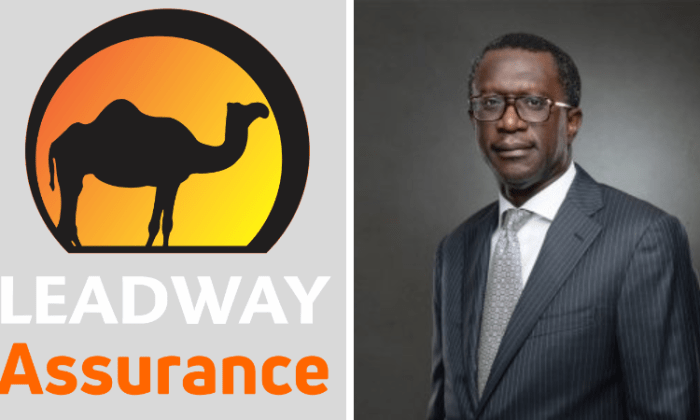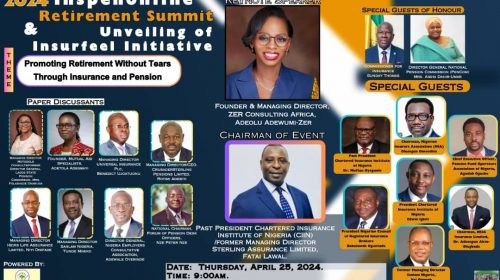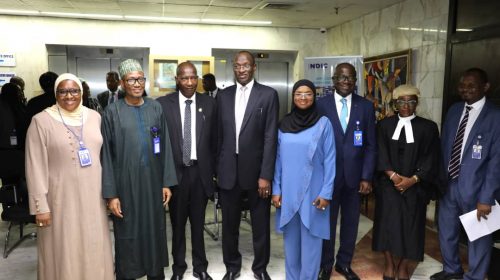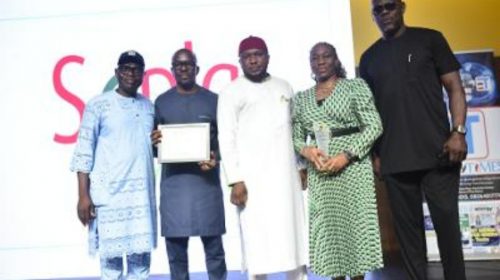Leadway Collaborates With Lagos State to drive blood donation

Leadway Health, in partnership with the Lagos State Blood Transfusion Service and REPPLAW Blood Donors Club, has said it is set to launch its blood donation drive initiative to commemorate this year’s World Blood Donor Day.
It said in a statement on Sunday that the two-day blood donation exercise was scheduled to take place in June at the Leadway Corporate Office in Lagos.
Leadway said the initiative was in alignment with the 2021 theme of the World Blood Donor Day, ‘Give blood and keep the world beating’, to raise awareness of the critical need to provide safe blood through unpaid and voluntary blood donors to the nation’s healthcare system.
Speaking on the collaboration, the Chief Executive Officer, Leadway Health, Dr Tokunbo Alli, said, “Research by the World Health Organisation on the impact of COVID-19 pandemic on blood supply and demand in the WHO African region posits that the number of blood donations has dropped in 32 countries.
“Nigeria has recorded a 37.8 per cent decrease in blood donations between June 2019 and June 2020.
“This sad reality calls for an immediate response from the government, national health authorities, corporate organisations, under which Leadway Health and other socially responsible organisations are primed and proud to respond and, most importantly, well-meaning individuals towards the wellbeing of every member of the society.”
He added, “The need for blood is universal, but access to blood for all those who need it is not.
With this collaboration, we are optimistic that unpaid and voluntary donors will come out in their numbers to donate blood, show care, and contribute to better health, which is a key driver for us at Leadway Health.”
He implored everyone, especially the youth, to embrace this humanitarian call to donate blood, inspire others to do the same and enhance communal solidarity.
Leadway Health is a health maintenance organisation that provides a new dimension to conventional health insurance, with affordable, flexible, and technology driven services to address the inaccessibility and unaffordability barrier faced by the average Nigerian, the statement said.






Leave a Reply